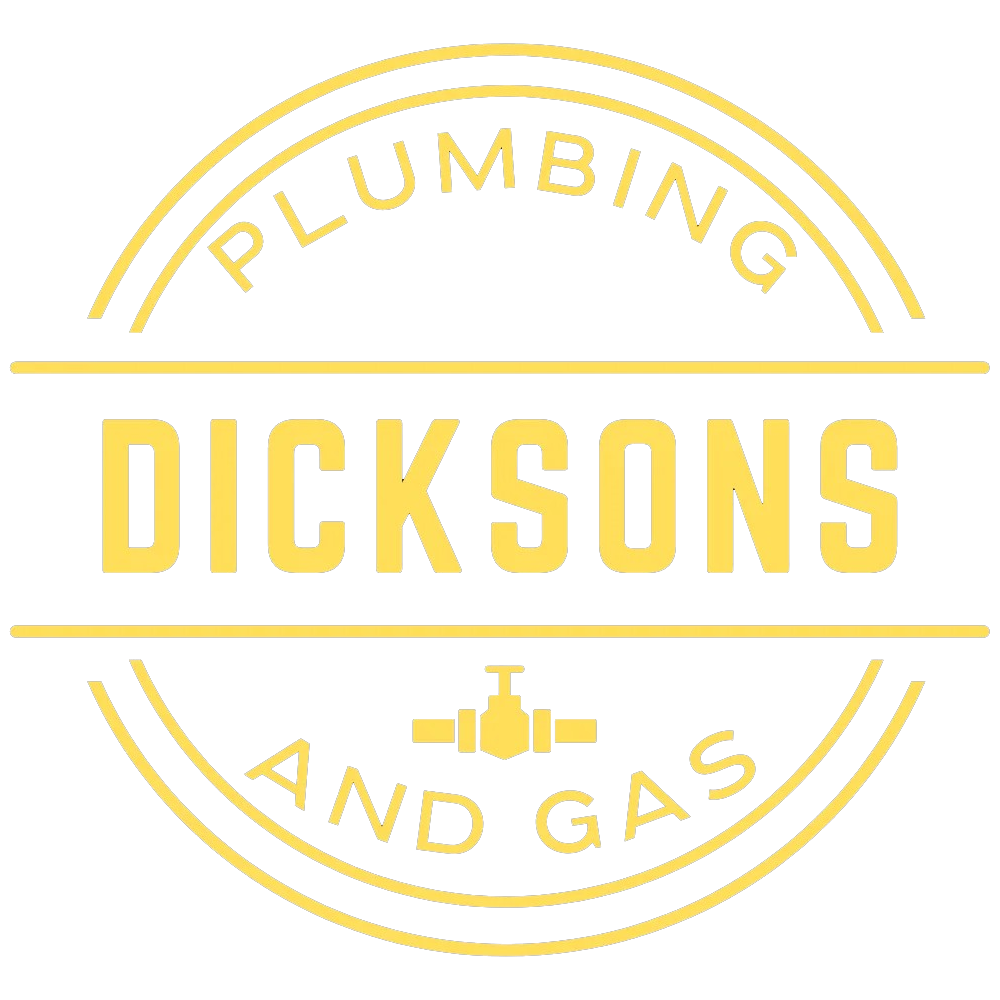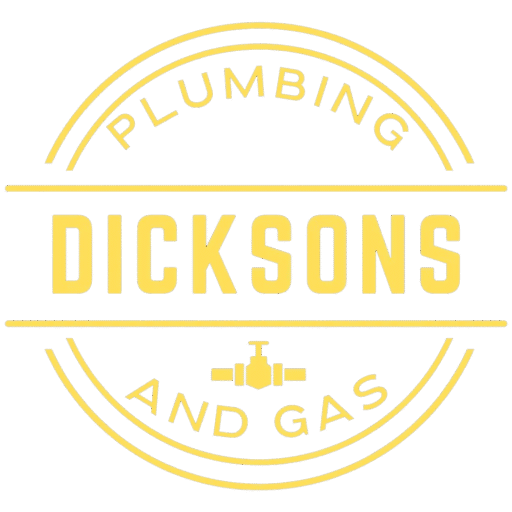Imagine this: you’re chilling at home in your cool Perth flat after work, maybe sipping a craft IPA, when suddenly drip… drip… drip… turns into a gushing waterfall from the ceiling. Not exactly the indoor rainforest you planned, right? That’s a classic wake-up call: you need an Emergency Plumber, like, yesterday. In this blog, we’ll walk you through seven unmistakable signs that you should pick up the phone and call an emergency plumber ASAP.
Life’s complicated enough without a surprise flood or funky sewer smell messing with your weekend plans. We’ll talk straight (and maybe crack a joke or two) about what to watch for – from burst pipes to bizarre water tastes. And hey, speaking of trusted help, if you ever find yourself in water up to your ankles, it’s worth having a Trusted Emergency Plumber in Perth on speed dial. With that, let’s dive in (pun intended).
1. Burst Pipe or Flood Inside Your House
Few things are as panic-inducing as seeing a stream of water spouting from a broken pipe. Whether it’s a busted pipe under the sink or a sudden rupture in the wall, a sudden flood is a top-tier plumbing emergency. You’ll notice water spraying everywhere, ceilings leaking, or weird wet patches on the floor. This isn’t a slow drip you can ignore – it’s the plumbing emergency version of Niagara Falls in your lounge.
- Shut off your home’s main water supply immediately. (It’s usually near the street or under the house.)
- Move any electronics, rugs, or valuable stuff away from the flood zone (and mop up if you can).
- Call a 24/7 emergency plumber ASAP to isolate and fix the broken pipe before your place becomes a swimming pool.
2. Gurgling or Overflowing Drains and Toilets
We’ve all had a stubborn slow drain, but if it suddenly starts gurgling like a haunted cave or backs up sewage when you flush, alarm bells should ring. Sewage or water bubbling up means a major blockage or a sewer line issue. Plus, the smell is enough to clear a room faster than a fire alarm. Trust us, this is not a DIY fix-it-later – call a professional before it gets grosser or causes a messy overflow.
- Stop using the toilet or any water fixtures to avoid more backup.
- If the toilet’s gurgling, don’t flush again; the pressure will just force it over.
- Call an emergency plumber right away. They’ll have the gear (snakes, cameras, etc.) to diagnose the clog and clear it safely.
3. No Hot Water (When You Desperately Need It)
Step into your shower… and get blasted by ice-cold water. If your geyser or hot water system suddenly fails – especially mid-shower – that’s a serious sign. No hot water could mean a busted heating element, a gas issue, or a leaking tank. This is more than an inconvenience: in winter or with kids at home, it quickly becomes an emergency.
- Check the basics: see if the pilot light is out (for gas heaters) or if a circuit breaker has tripped (for electric heaters).
- If you can’t fix it immediately, do not keep trying – you might make it worse or unsafe.
- Call a licensed emergency plumber who specialises in hot water systems. They’ll safely diagnose the problem (heater fail, gas leak, etc.) and get the hot water flowing again.
4. The Smell of Gas (Natural Gas or LPG)
Okay, gas leaks are terrifying, but emergency plumbers often handle gas hot water units and appliances too. The moment you smell rotten egg (a gas leak) or hear a hissing pipe, drop everything. This is a no-joke emergency: gas leaks can cause explosions or carbon monoxide poisoning if not handled immediately.
- Shut off the gas at the meter or LPG bottle right away.
- Open windows and get everyone (and pets) out of the house. Remember: safety first!
- Call Triple Zero (000) for help and a licensed emergency plumber. The pros will find and fix the leak, then safely reignite any pilot lights.
5. Leaking Ceiling or Walls (Hidden Drip, Major Drama)
Not all leaks are obvious. You might notice a fresh stain on the ceiling, a bulging wall, or a mysteriously wet spot on the floor. That slow, hidden leak can spiral into big trouble – think sagging ceilings, mould, and structural damage. If you see wet patches, peeling paint, or even little puddles behind walls, treat it as an emergency because it often is.
- Shut off the water to that area if you can find the valve, or hit the main shutoff to be safe.
- Mop up any standing water and dry the area a bit (this is about damage control, not fix!).
- Call an emergency plumber. They’ll bring special tools (listening devices or infrared cameras) to pinpoint the hidden leak and repair it before the wall collapses.
6. No Water or Low Pressure at All
Waking up to zero water pressure, or completely dry taps, is a big red flag. It could be a burst main pipe, a valve turned off, or something weird on the supply side. If none of your faucets work, and it’s not a known outage, don’t wait: this could mean a major leak or failure.
- Check with neighbours or your local water authority; it might be a wider outage.
- Locate your water meter and main valve to ensure they weren’t accidentally shut off. (The WA Government’s Consumer Protection unit even suggests knowing this in an emergency.)
- If there’s still no water, call a 24/7 plumber. It could be a hidden burst pipe that needs immediate attention.
7. Brown, Smelly, or Discoloured Water
If your tap water starts looking like muddy soup or smells foul, it’s a clear emergency. Brown or yellow water might be rust in pipes; a rotten-egg or fishy smell could mean bacteria or cross-contamination. In Australia, weird tap water isn’t normal – it’s a sign something is seriously wrong with your pipes or supply.
- Stop drinking or cooking with the water until it’s fixed.
- Run a cold tap for a minute to see if it flushes clear (sometimes it was just stagnant in the pipe).
- If it stays discoloured or smelly, call an emergency plumber. They’ll find and fix the culprit (corroded pipe, leak into the line, etc.) and make sure your water is safe again.
Common Plumbing Emergencies at a Glance:
| Issue | Symptom | Immediate Steps | Action |
|---|---|---|---|
| Burst or leaking pipe | Water spraying or pooling suddenly | Shut off water, clear area, call plumber | Emergency plumber ASAP |
| Overflowing toilet/drain | Gurgling noises, sewage backup, bad smell | Stop using fixtures, contain spill, call plumber | Emergency plumber ASAP |
| No hot water (heater down) | Cold showers, pilot light out | Check power/gas, then call plumber | Emergency plumber (heater) |
| Gas smell (LPG/Nat Gas) | Rotten egg odor, hissing sound | Shut off gas, evacuate, call 000 & plumber | Gas-safe emergency plumber |
| Hidden leak in wall/ceiling | Damp stains, peeling paint, mould | Shut off water, dry area, call plumber | Emergency leak fix |
| No water / low pressure | Taps dry, no flow anywhere | Check outage/meter, shutoff, call plumber | Emergency plumber |
| Discoloured/smelly water | Brown water, chemical or sewage smell | Stop using water, flush taps, call plumber | Water quality fix |
Conclusion – Call the Plumbing Pros Now!
Real talk: plumbing problems don’t wait for business hours. When you see any of these signs – from a geyser geysering to stinky water – don’t hesitate. Shut off valves, protect your valuables, and then pick up the phone. A licensed emergency plumber in Perth will be worth their weight in gold (or stainless steel pipes) when your home’s not drowning or smelling funky.
If you’ve ever searched for “emergency plumber near me”, good news: Perth has plenty of 24/7 trades on call. Dialing a trusted emergency plumber in Perth can save hours of stress and hundreds in water damage. They know Western Australia’s plumbing quirks and will fix your mess fast. Don’t let a little leak turn into a flood or mold farm.
Stay calm, stay safe, and call the experts. Your home (and peace of mind) will thank you.
FAQs
What counts as a plumbing emergency?
If the problem can cause serious damage or health hazards, it’s an emergency. Think: major leaks, burst pipes flooding rooms, overflowing toilets or sewers, or gas smells. Generally, if water is everywhere it shouldn’t be (and you can’t fix it in 30 minutes), call an emergency plumber.
How quickly will an emergency plumber get to me in Perth?
Most emergency plumbers aim to arrive within an hour or two, even after hours. In central Perth, response can be very fast; in the suburbs it might take a little longer. Always check that the plumber offers 24/7 service. The sooner they arrive, the less damage to your place.
How much does an emergency plumber cost?
Emergency call-outs are pricier than regular visits. You can expect a call-out fee (often $100–$200 on a weekday, and more on nights/weekends) plus hourly labour. Parts and repairs are extra. For example, fixing a broken pipe might be call-out + 1–2 hours labour + pipe costs. In WA, it’s wise to ask for quotes even in an emergency – the WA Consumer Protection unit reminds us to get at least two quotes so you’re not overpaying.
Can I fix a plumbing emergency myself?
Safety first: never attempt gas or serious water leaks on your own. For water leaks, your immediate DIY step is to shut off the water. Small clogs (like a light sink clog) might be DIY-friendly, but be cautious. When in doubt, call a licensed emergency plumber. They have the right tools and can prevent making it worse.


